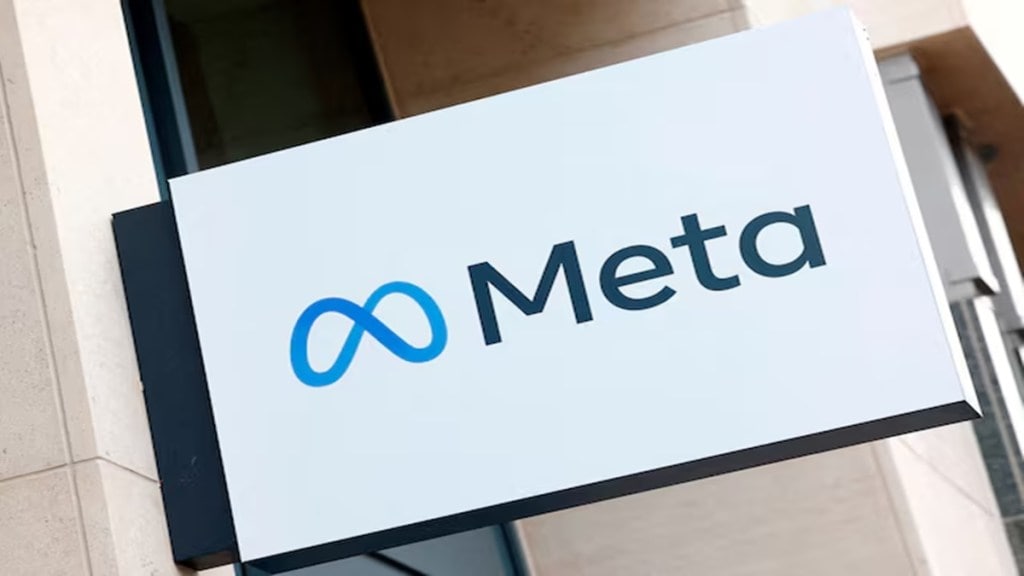Meta on Tuesday said that it disagrees with the Rs 213 crore fine levied on it by the Competition Commission of India for abuse of its dominant position, and will appeal against the order.
The penalty pertains to the controversial implementation of WhatsApp’s 2021 privacy policy, which mandated data sharing between WhatsApp and other Meta firms like Facebook. The same had raised concerns about user privacy and market fairness.
“As a reminder, the 2021 update did not change the privacy of people’s personal messages and was offered as a choice for users at the time. We also ensured no one would have their accounts deleted or lose functionality of the WhatsApp service because of this update,” a Meta spokesperson said in a statement.
The 2021 privacy policy required users to accept expanded data collection and mandatory sharing with Facebook to continue using WhatsApp, removing the opt-out option available under the 2016 policy.
The CCI ruled this “take-it-or-leave-it” approach as an unfair condition, constituting a violation of Section 4(2)(a)(i) of the Competition Act, 2002.
Later, post an uproar over Meta’s policy and interference by the government, Meta kept showing the notification to accept its privacy policy to WhatsApp users but did not block those who did not accept.
In its response, Meta said, “the update was about introducing optional business features on WhatsApp, and provided further transparency about how we collect and use data”.
In its order, CCI also said that WhatsApp’s privacy policy should include a detailed explanation of the user data shared with other Meta companies, which should specify the purpose of data sharing, linking each type of data to its corresponding purpose.
Analysts and policy experts said, while the company can appeal the order, it will have to comply with data sharing limitations and purpose norms as per the Digital Personal Data Protection (DPDP) Act. Further, the proposed Digital Competition Bill also is expected to regulate the space.
“This decision (by CCI), based on WhatsApp’s 2021 privacy policy update, reflects concerns that mandating data sharing among Meta entities could compromise user rights and potentially distort competition in the online advertising sector. However, the decision also carries long-term implications for personal data handling practices among digital platforms,” said Dhruv Garg, partner at Indian Governance and Policy Project (IGAP) and a tech lawyer.
According to Garg, while the CCI’s action aims to protect consumer interests and market competition, it also raises questions of regulatory overlap in relation to user privacy. “This will need to be evaluated in light of the new Digital Personal Data Protection Act, 2023, to ensure alignment with the rights accorded to data fiduciaries concerning user data,” Garg added.
As per the CCI’s order, WhatsApp will not be allowed to share user data collected on its platform with other Meta companies for advertising purposes, for a period of five years. A section of experts also said CCI’s approach should carefully balance efficiency and consumer welfare.
“CCI dismisses Meta’s arguments on efficiency, citing a lack of evidence. However, it’s important to consider whether the regulatory focus on privacy and user autonomy may overlook the broader benefits that data sharing can bring to competition and innovation,” said Parthsarathi Jha, partner at Economic Laws Practice.
From a user privacy perspective, Jha said, the order is significant as it declares user privacy as an important non-price competition factor.
“While the absence of a Data Protection law like the DPDP raises questions, the CCI’s order focuses on the harm caused by sharing user data within the Meta group. In this context, it is possible for the CCI to issue “cease and desist” directions, as the focus is on anti-competitive behavior rather than privacy violations,” he added.
Saksham Malik, senior programme manager at The Dialogue said, “The CCI has stated that data sharing between Facebook and WhatsApp undermines a non-price aspect of competition for users, positioning it within the scope of competition law. However, there are perspectives arguing that issues surrounding data sharing and consent should be exclusively governed by data protection laws”.
According to Malik, the decision comes as the proposed Digital Competition Bill, which could regulate Meta and its subsidiaries, moves forward. “Should the decision be upheld by the Supreme Court and the Bill enacted, Meta may face similar restrictions on data sharing due to both regulatory changes and competition enforcement,” Malik said.
In its order, the CCI found Meta guilty of creating entry barriers for competitors in the online display advertising market by leveraging WhatsApp user data, and protecting its dominance in advertising by exploiting its market power in the messaging app space.
Meta said the company is committed to finding a path forward that allows it to continue providing the experiences that people and businesses have come to expect.

